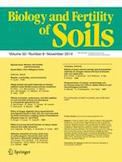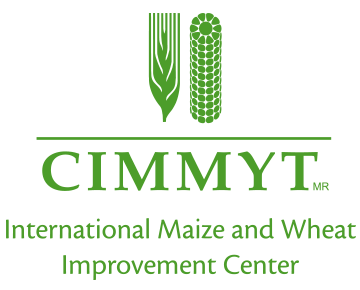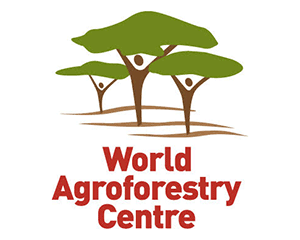
Abstract: Studies document increases in biological nitrogen fixation (BNF) following applications of biochar. However, the underlying mechanisms for this response remain elusive. Greenhouse experiments were conducted to test the effects of biochar mineral nutrients, pH, and volatile matter (VM) on BNF in common beans (Phaseolus vulgaris L.). Biochars were produced from seven feedstocks pyrolyzed at either 350 or 550 °C. Biochars were treated with acid to reduce mineral nutrient contents, with acetone to remove acetone-soluble VM, with steam to reduce both the mineral and VM contents, or left untreated. The biochar additions at a rate of 15 t ha−1 resulted in an average 262 % increase in shoot biomass, 164 % increase in root biomass, 3575 % increase in nodule biomass, and a 2126 % increase in N derived from atmosphere (Ndfa) over the control. Simple mineral nutrients and soil acidity amelioration from the biochar were only to a minimal extent responsible for these increases (r 2 = 0.03; P = 0.0298, n = 201). Plant growth and Ndfa were significantly correlated with plant P uptake (r 2 = 0.22; P < 0.0001, n = 201). However, plant P uptake was not correlated with biochar P additions (P > 0.05). Improved P nutrition resulted from 360 % greater mycorrhizal colonization with biochar additions. Removal of acetone-soluble VM increased plant growth and Ndfa, and VM extracted from the biochar produced at 350 °C reduced the growth of rhizobia in yeast extract mannitol agar (YMA) medium. In contrast, acetone-soluble VM extracted from seven biochars produced at 550 °C increased the growth of rhizobium in the YMA compared to an acetone-residue control, suggesting differential effects of VM forms on rhizobia.








